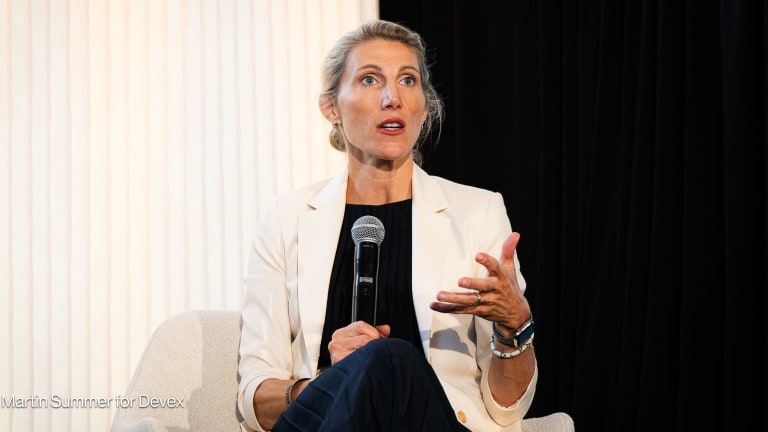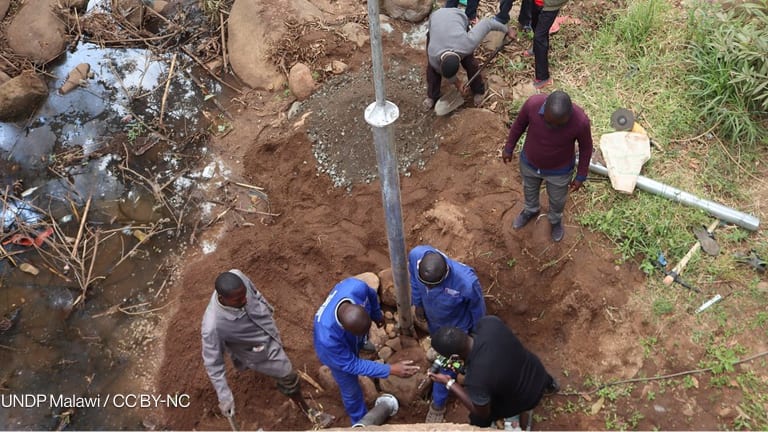The impacts of climate change do not belong to some distant future. Today, rising sea levels, prolonged drought and more intense and frequent tropical storms are posing an existential threat to people living in vulnerable situations around the world. We must act now to protect those on the front lines of our changing climate.
Despite the great need for urgency of action, the immediate need of people in the most vulnerable situations is sometimes obscured, by the technocratic and abstract nature of the climate negotiations. We must not lose sight of the fact that we already live in a world that is 1 degree Celsius warmer than pre-industrial times. This increase in temperatures is already having devastating consequences for people’s lives and livelihoods in some of the poorest countries in the world.
The first step toward securing more resilient communities around the world is to ensure that the new climate agreement makes the links between states existing human rights obligations and their future climate action. When we talk about resilience, we are talking about the opportunity for people to lives of dignity and opportunity. Many of the people living on the front lines of climate change have never known the benefits of the fossil fuel based development; the model of development that has given rise to the climate crisis and left them disproportionately vulnerable to the impacts.








